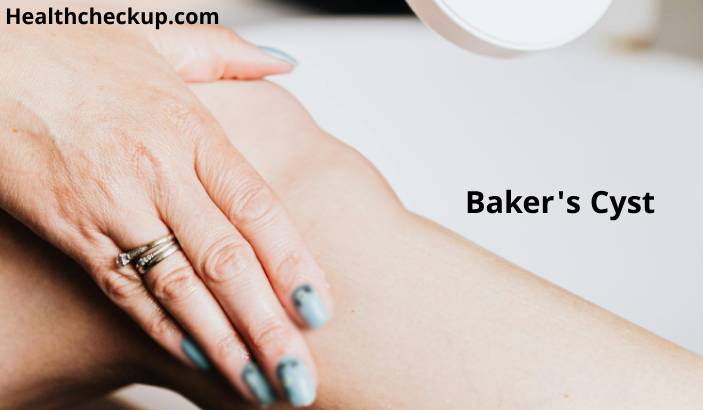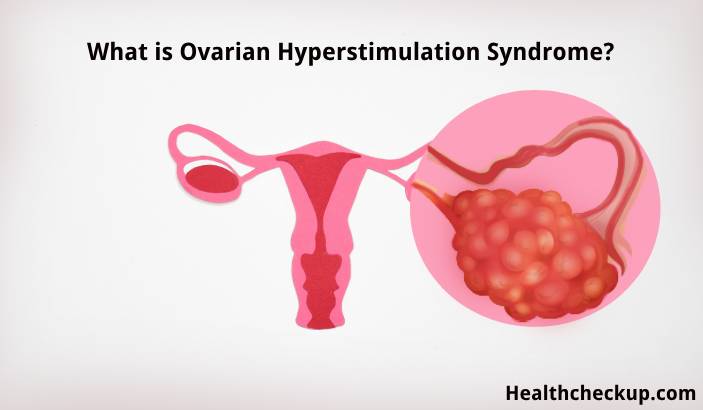Chorionic Villus Sampling (CVS) is a prenatal diagnostic test that provides crucial information about a baby’s genetic health early in pregnancy. This article delves into the various aspects of CVS, including its purpose, how it’s performed, the results it yields, and the associated risks.
Purpose of Chorionic Villus Sampling (CVS)
- Genetic Diagnosis: CVS is primarily used to detect genetic disorders in the fetus, such as Down syndrome, cystic fibrosis, and other chromosomal abnormalities.
- Early Detection: It allows for early detection of potential health issues, giving prospective parents time to make informed decisions regarding the pregnancy.
- Inherited Disease Testing: Families with histories of specific genetic conditions use CVS to determine if the fetus has inherited the disease.
Preparation for Chorionic Villus Sampling (CVS)
- Initial Consultation: Before undergoing CVS, expectant mothers typically have a detailed consultation with their healthcare provider to discuss the procedure’s risks and benefits.
- Genetic Counseling: Genetic counseling is recommended to understand the implications of the test results and the probability of genetic or chromosomal conditions.
- Ultrasound: An ultrasound is performed prior to CVS to determine the age of the fetus and the position of the placenta, which aids in planning the procedure.
Procedure of Chorionic Villus Sampling (CVS)
- Timing: CVS is usually performed between the 10th and 13th weeks of pregnancy.
- Methodology: The procedure can be carried out in two ways:
- Transcervical approach: A thin tube is inserted through the cervix to reach the placenta.
- Transabdominal approach: A needle is inserted through the abdominal wall to sample chorionic villi.
- Sample Collection: Small samples of the chorionic villi, which are tiny finger-like projections on the placenta, are collected. These samples contain the same genetic material as the fetus.
- Duration: The procedure typically takes about 30 minutes, although the actual collection of samples is completed in a few minutes.
Normal CVS Results
- Normal Findings: A normal CVS result indicates that the chromosomes of the fetus are typical in number and structure.
- No Detection of Specific Genetic Disorders: Results typically show that the fetus does not carry the genetic diseases tested for.
Understanding CVS Results
- Positive Results: Indicate the presence of a genetic abnormality or disorder.
- Negative Results: Suggest that no genetic abnormalities were detected in the chromosomes analyzed.
- Indeterminate Results: Sometimes, the results might not be conclusive, necessitating further testing.
Risks Associated with CVS
- Miscarriage: The most significant risk is a miscarriage, which occurs in about 1 in 100 to 1 in 200 cases.
- Infection: There’s a small risk of infection following the procedure.
- Rh Sensitization: Rh-negative mothers might develop antibodies if the baby is Rh-positive, potentially leading to complications in future pregnancies.
- Limb Defects: There is a very low risk of limb defects in the fetus, particularly if the test is done before the 10th week.
Conclusion
Chorionic Villus Sampling is a vital diagnostic tool for expecting parents to understand the genetic health of their fetus. It offers early insights that can significantly impact the management of the pregnancy. However, like all medical procedures, CVS carries certain risks. Prospective parents are encouraged to discuss all these factors thoroughly with their healthcare provider and consider genetic counseling to make the most informed decisions based on their specific circumstances and risk factors.
I specialize in writing about health, medical conditions, and healthcare, drawing extensively from scientific research. Over the course of my career, I have published widely on topics related to health, medicine, and education. My work has appeared in leading blogs and editorial columns.








